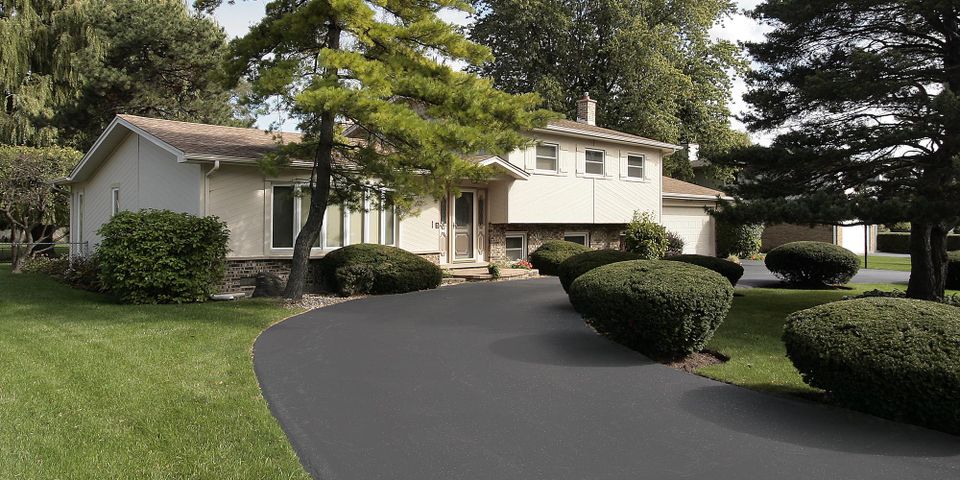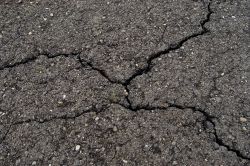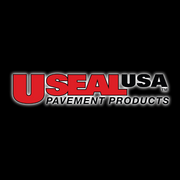
When your driveway is in good condition, it provides both functionality and aesthetic beauty for your property. However, the surface can become cracked and damaged over time. While natural aging is sometimes to blame, there are often other reasons why your driveway requires repairs. Here are three of the most common ones.
Why Is Your Driveway Cracked?
1. Weather Events
All surfaces are susceptible to damage if they’re exposed to natural freeze and thaw cycles. As snow and ice melt in the winter, the moisture can seep into the ground. When temperatures fall below freezing again, the water refreezes and expands. This causes openings to form in the driveway. Salt is also often to blame. It’s commonly used for traction and to prevent slippage, but it also causes snow to thaw even faster, which forces the water into the surface more quickly. The refreezing and thawing process occurs far more often when salt is involved. You can prevent this by using sand instead of salt. For a more permanent solution, hire a driveway sealing technician to create a barrier that prevents moisture intrusion.
2. Weak Foundations
 Rushed installation jobs can spell trouble for your driveway’s longevity. Before installation, a crushed stone foundation is typically packed onto the surface, followed by an aggregate base which acts as support for the driveway material. Some companies, however, use subpar materials, like dirt or sand. These don’t pack as tightly as crushed stones; therefore, they lose their integrity more quickly when they’re exposed to water. These materials go through an annual freeze-and-thaw cycle that causes the driveway to contract and eventually break and crack. Always make sure that your installer is experienced and licensed.
Rushed installation jobs can spell trouble for your driveway’s longevity. Before installation, a crushed stone foundation is typically packed onto the surface, followed by an aggregate base which acts as support for the driveway material. Some companies, however, use subpar materials, like dirt or sand. These don’t pack as tightly as crushed stones; therefore, they lose their integrity more quickly when they’re exposed to water. These materials go through an annual freeze-and-thaw cycle that causes the driveway to contract and eventually break and crack. Always make sure that your installer is experienced and licensed.
3. Forceful Objects
Although your driveway is designed to bear the brunt of heavy vehicles and frequent foot traffic, it’s not equipped to maintain its integrity when repeatedly exposed to strong, sharp, or forceful objects. For example, state law allows Connecticut drivers to use studded tires from mid-November to late April. While they make life easier on slick roads, they can create small openings in asphalt, especially if a long time has passed since your last driveway sealing treatment. Metal shovels and other heavy outdoor equipment can cause similar problems. Avoid driving over your driveway with studded tires if possible, and use plastic shovels to gently scoop snow away instead of scraping it.
Are you concerned about visible cracks in your driveway? Turn to UsealUSA™ Pavement Products. Based in Bloomfield, CT, and serving customers throughout the state, the company proudly offers a product that homeowners and business owners can easily apply themselves. Their weather-resistant crack sealer is a driveway repair solution that easily bonds to concrete and pavement. Visit them online to find out more, or call (860) 667-0911.
About the Business
Have a question? Ask the experts!
Send your question

